
Simplistic explanations and convenient scapegoats belie the complexity of mass shootings.

Dr Knoll is a professor of psychiatry and director of forensic psychiatry at SUNY Upstate Medical University in Syracuse, New York. He is also emeritus editor in chief of Psychiatric Times and clinical director of Central New York Psychiatric Center in Marcy.

Simplistic explanations and convenient scapegoats belie the complexity of mass shootings.

Learn more about topics of interest in forensic psychiatry in this month's Special Report!

How can you best address and support transgender patients, as well as prevent negative outcomes?

Psychiatry and politics do not have a history of mixing well. Is this why we need the Goldwater Rule?
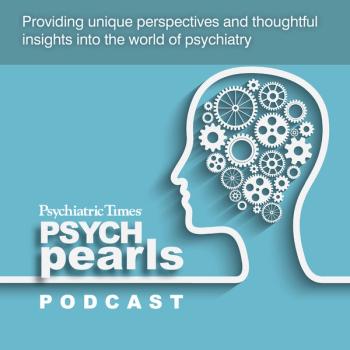
Forensic psychiatry is not for everyone, but looking back on his life and illustrious career, James L. Knoll IV, MD, realizes that he was destined to study crime.

James L. Knoll IV, MD, shares insights from his decades in forensic psychiatry, where he has treated some of the criminal justice system’s most difficult and dangerous patients.

How has human behavior been affected by the tragedy of 9/11 and the recent trauma of the COVID-19 pandemic?

Throughout the centuries, we have continued to puzzle over our capacity for antisocial behavior
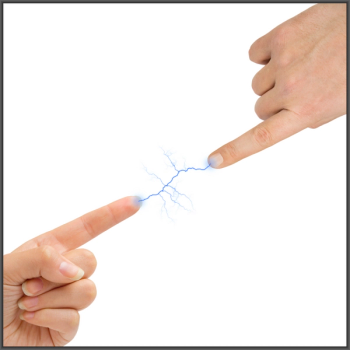
Sometimes, life’s lessons appear unexpectedly.

We often push thoughts of death far out of our awareness, but at the present time they unavoidably re-emerge. Can we learn something helpful from this?

James L. Knoll IV, MD, analyzes the ethical and legal duties of psychiatrists treating substance use disorders.

How can a human being commit such acts without being under the influence of some powerful “alien” force? How can they not be "mentally ill"? Here's how.

A tripartite dimensional approach may be used to better understand the mental functioning of those who commit mass violence.
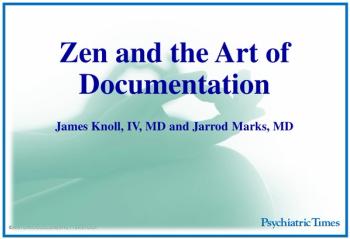
Lawyers tend to be good at spotting unexplained inconsistencies in documentation. Take these steps to protect yourself.
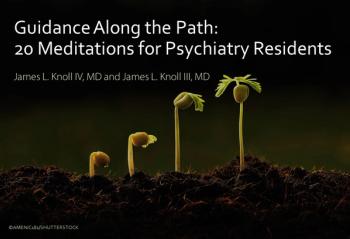
In the spirit of honoring and guiding trainees, the authors provide advice to today’s psychiatric residents-the psychiatric leaders of tomorrow.

An expert provides sage advice to avoid a malpractice lawsuit, even in the face of potentially tragic outcomes.
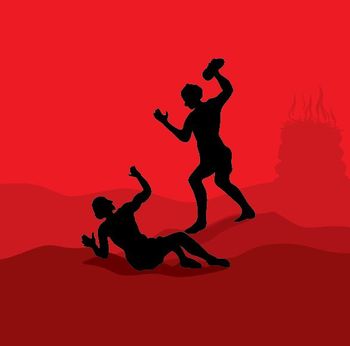
A close analysis of the psychodynamics of Cain’s crime shows us something important about his mentality-not to be confused with mental illness.
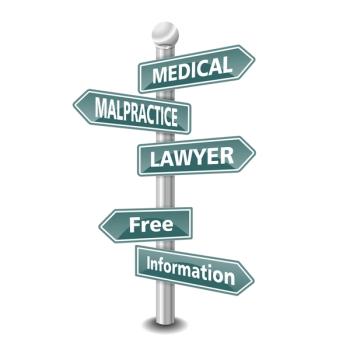
Medical malpractice, a form of professional negligence, remains a heavily criticized legal solution for ensuring patient autonomy and competent health care.

Focusing on concerning behaviors may better assist with prevention than sensationalizing individual perpetrators’ motives.

Labeling a (clinically unexamined) public figure as "dangerous" can do as much or more harm as promulgating a specific psychiatric diagnosis.
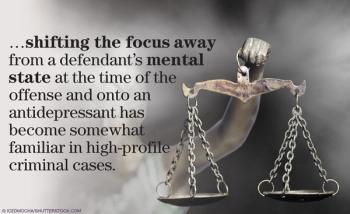
Neither time nor science has given pause to some attorneys who exploit the misunderstanding that surrounds the putative "criminogenic" effects of antidepressants.
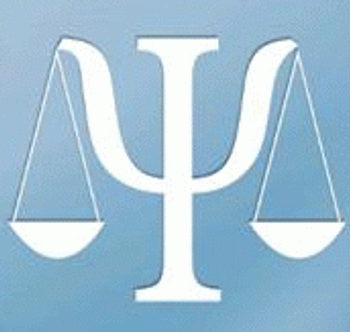
The 1990s can be considered a high-water mark for support of the death penalty, as well as for imposing it. Where does that figure stand now? Take the quiz and learn more.
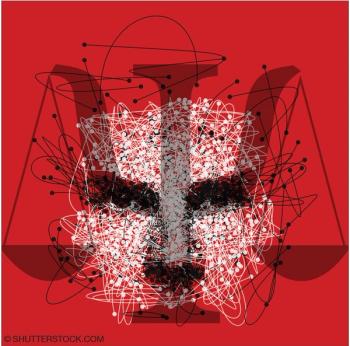
The authors discuss some potential complications arising from a constitutional ban on executing persons with mental illness.

Health care and medical education must march ever onward-although recently there has been a growing uprising among the ranks of experienced physicians.
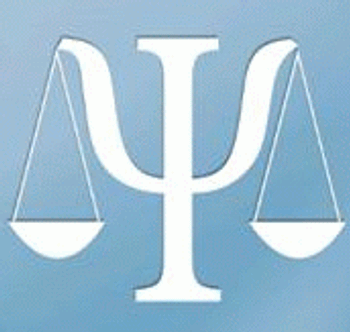
What is the most common method of suicide in the US?

Gun violence by alienated, disgruntled individuals isn't new. So what changes may help account for our recent spate of mass shootings?
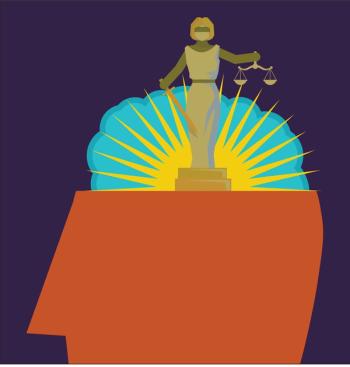
With a consistent and evolving presence in the US, forensic psychiatry has grown increasingly complex, with many specialty areas under its subspecialty umbrella.
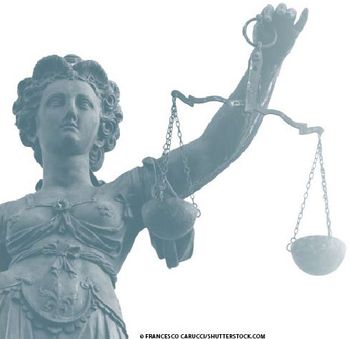
In this article, the author covers some basic mapractice concepts and briefly address 2 key issues that frequently arise in the course of psychiatric malpractice litigation: documentation and the defendant psychiatrist’s deposition.

A variety of commonly used psychiatric medications increase the risk of heatstroke, leaving psychiatric patients in jails and prisons at risk.

I have often wondered: did any of Parkland's sets of medical eyes experience a moment of stillness with the collective father who had just been declared dead? I readily acknowledge the difficulty with great humility.

Published: November 15th 2024 | Updated:

Published: September 30th 2020 | Updated:

Published: July 12th 2023 | Updated:

Published: February 2nd 2022 | Updated:
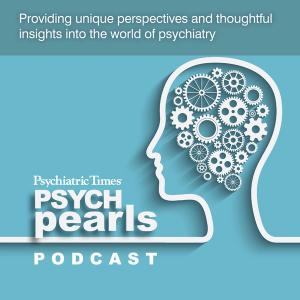
Published: September 27th 2021 | Updated:

Published: September 18th 2013 | Updated: